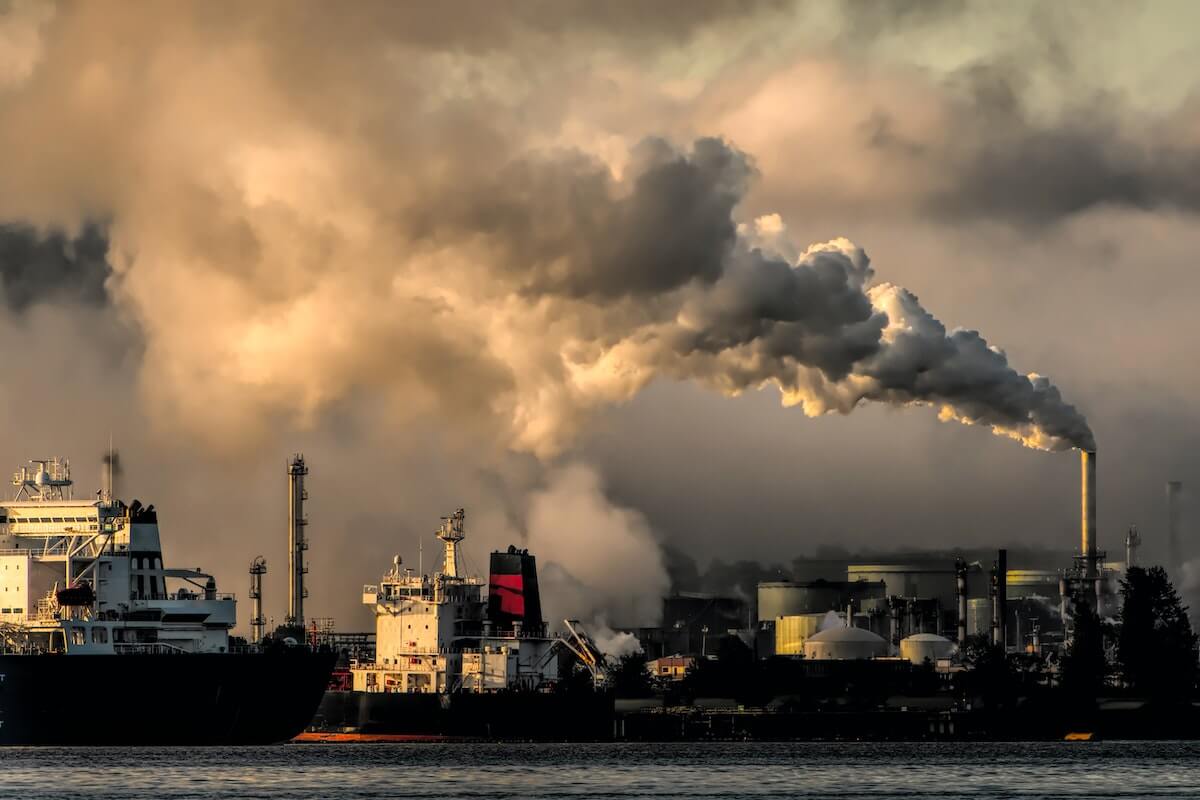Understanding the complex dynamics of greenhouse gas emissions (GHGs) is vital in today’s world, particularly when discussing climate change, environmental health, and sustainability. To effectively address the question – “Are greenhouse gas emissions good or bad?” – it is crucial to examine the science behind these emissions, their impacts on our planet, and the role of an environmental solutions company in mitigating these impacts.
What Are Greenhouse Gas Emissions?
Greenhouse gases, including carbon dioxide (CO2), methane (CH4), and nitrous oxide (N2O), naturally exist in our Earth’s atmosphere and play a critical role in maintaining the planet’s temperature. These gases trap some of the Sun’s heat within the Earth’s atmosphere, creating a natural “greenhouse effect” that makes our planet hospitable for life. Without these gases, much of the Sun’s heat would escape into space, and the Earth’s average temperature would be about 60 degrees Fahrenheit cooler, making it unlivable for most life forms.
So, in this context, greenhouse gases and the greenhouse effect are not only good but essential for life on Earth.
The Downside of Greenhouse Gas Emissions
The problem arises when human activities, such as burning fossil fuels, deforestation, and industrial processes, significantly increase the concentration of these gases in the atmosphere. This excessive amount of GHGs intensifies the greenhouse effect, leading to global warming and climate change.
Global warming refers to the long-term increase in Earth’s average temperature, while climate change includes a range of changes in weather patterns, sea levels, and the frequency and intensity of extreme weather events. The consequences of these changes are far-reaching and profoundly negative:
Rising Temperatures: Increased GHG emissions contribute to rising global temperatures, leading to heatwaves and wildfires, which can cause significant destruction and loss of life.
Melting Ice and Rising Sea Levels: Warming temperatures cause ice caps and glaciers to melt, resulting in rising sea levels. This rise threatens coastal communities with increased flooding and could potentially displace millions of people.
Extreme Weather Events: Climate change intensifies weather patterns, leading to more frequent and severe storms, floods, droughts, and hurricanes. These extreme weather events can have devastating impacts on communities, economies, and ecosystems.
Impacts on Biodiversity and Ecosystems: Changes in temperature and weather patterns disrupt ecosystems and can lead to the loss of biodiversity. Many plant and animal species are struggling to survive in changing habitats, leading to increased extinction rates.
Environmental Solutions Companies: Heroes in the Fight Against Climate Change
Considering the damaging effects of excessive GHG emissions, it’s clear that they pose a significant problem for our planet. This is where environmental solutions companies come into play. These companies specialize in developing and implementing strategies and technologies to mitigate the impacts of climate change, including reducing greenhouse gas emissions.
Environmental solutions companies work in various sectors, including renewable energy, waste management, carbon capture and storage, and reforestation. By introducing innovative solutions, they aim to facilitate the transition towards a more sustainable and resilient future.
Conclusion
In conclusion, greenhouse gases are neither inherently good nor bad. They are necessary for maintaining Earth’s livability, but when their concentrations increase beyond the natural balance due to human activities, they can have severe, detrimental impacts.
Also Read: Automated Technology Beyond Covid-19
Given the pressing need to address climate change, individuals, businesses, governments, and environmental solutions companies worldwide need to work together to reduce greenhouse gas emissions and pursue a more sustainable future for our planet. The role of environmental solutions companies is pivotal in this regard, as they are at the forefront of creating and implementing solutions to our most urgent environmental challenges.










